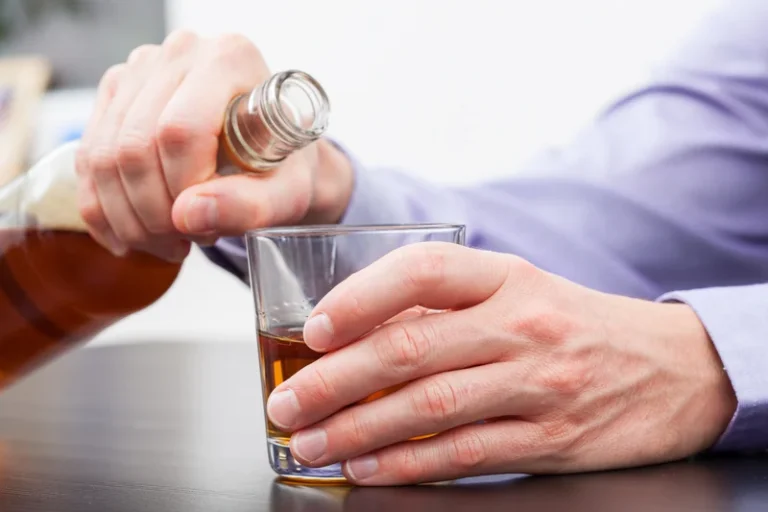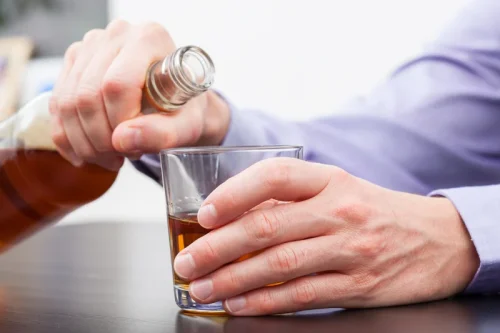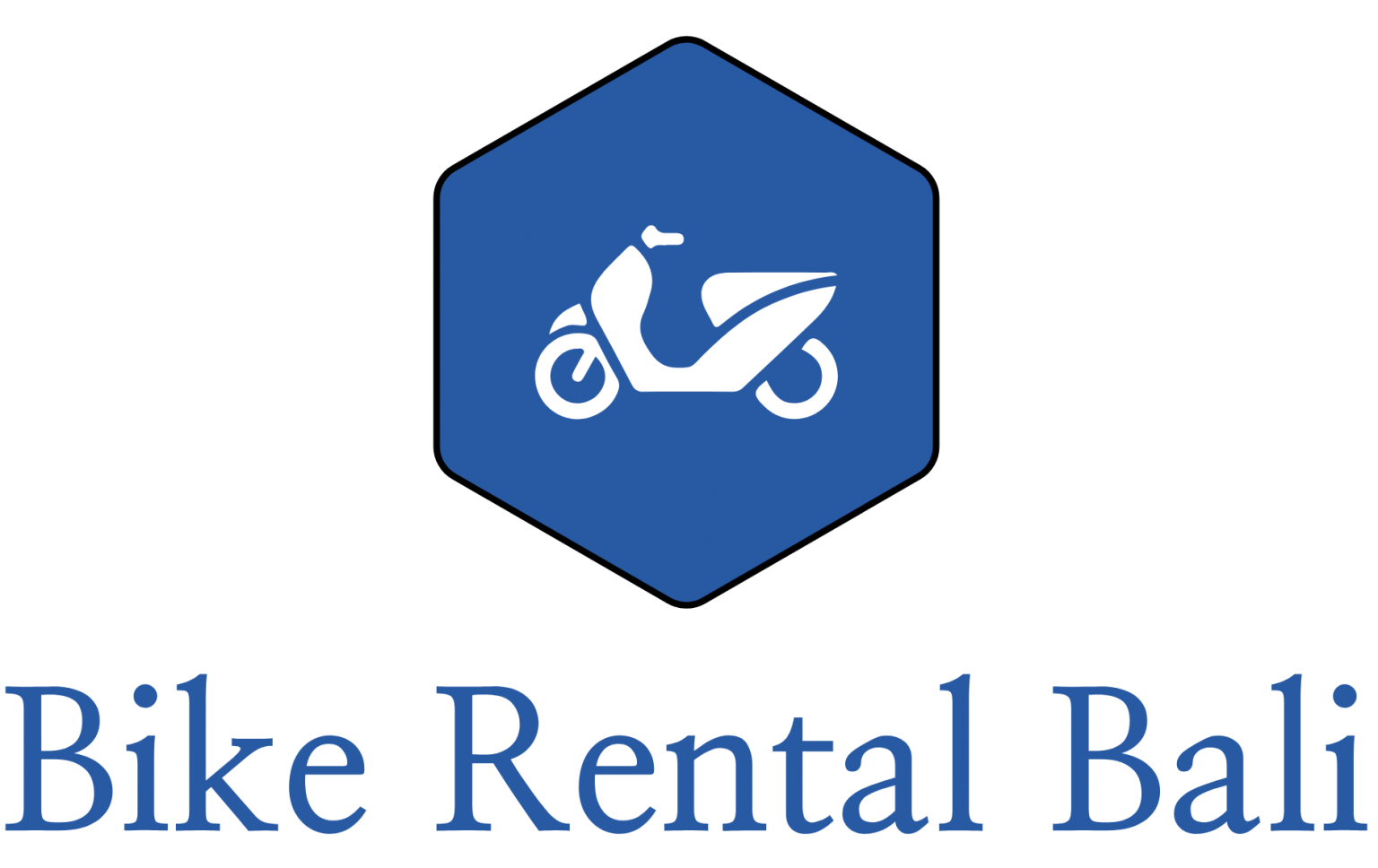The Difference Between THC and CBD

Sativa (cannabis) comprises various non- psychotomimetic and non-addictive constituents that, taken in isolation, present medical opportunities and maybe more easily employed for use in medical applications (Hurd, 2017). Cannabidiol (CBD), the most abundant phytocannabinoid of cannabis after Δ9-tetrahydrocannabinol (THC), has generated significant hope in treating drug addiction (Calpe-López et al., 2019; Chye et al., 2019; Hurd, 2017). CBD has been shown to be a safe compound in both animals and humans, which is of critical importance from a therapeutic point of view. It should mentione that most of the studies were designed to evaluate the application of CBD for the treatment of drug abuse. In contrast, some studies sought to identify receptors implicated in CBD’s action in various animal models of drug abuse and addiction.
- Addiction is often marked by a compulsive need to use a substance, even when it leads to negative consequences.
- The placebo group showed substantial stress and other physiological responses when presented with these cues.
- The choice between THC and CBD or a combination, which is often most effective, is an important decision affecting the therapeutic outcome of treatment depending on several factors.
- Therefore, the versatile pharmacological profile and safety of CBD support its therapeutic potential in the management of SUD.
- Cannabinoids are in cannabis plants, but they also exist in smaller amounts in other plants.
- Despite the range of the psychosocial and pharmacological therapeutic approaches for substance use treatment, relapse prevalence into drug consumption is estimated between 40 and 75% (Sinha, 2011; Pasareanu et al., 2016; Andersson et al., 2019).
Try a FREE 500mg CBD Oil:
Compared to common THC, delta-8-THC, is less potent and produces a milder high. Although it doesn’t produce an intense high, it still may provide desirable effects for some patients. When cannabis users talk about THC, most refer to delta-9 THC, the most common intoxicating cannabinoid in cannabis. Additionally, it’s advised to avoid pairing marijuana with alcohol, prescription medication, supplements, central nervous system depressants, antiviral drugs or serotonin reuptake inhibitors. Heavy, long-term marijuana use may also cause the body to produce increased dopamine over time, which can activate the body’s reward system.
Delta-THC Cannabinoids and Semi-Synthetic Cannabinoids

Individuals suffering from cannabis use disorder, CBD (400 and 800 mg) was efficacious to reduce rates of cannabis abuse (Freeman et al., 2020). It should be emphasized that all data regarding CBD treatment in marijuana abuse has been collected from controlled clinical trial studies. And while heavy marijuana use can lead to dependence, current preclinical studies suggest that CBD is not an addictive substance, nor does it promote addictive behaviors in people.
- It interacts with different receptors in the brain than THC, mainly with the endocannabinoid system, which helps regulate various physiological processes.
- Addiction is a complex illness that involves genetics, psychological, and environmental factors.
- However, it’s important to note that while CBD itself is not addictive, it can be found in products that also contain THC, which is addictive.
- With a bachelor’s degree in anthropology from Indiana University Bloomington, Rebecca enjoys making accurate, up-to-date health information accessible to all readers.
Ease anxiety and stress: Take a (belly) breather
CBD can increase the levels of certain medications in your blood, similar to how grapefruit does. This is because CBD competes for the liver enzymes that break down these drugs. If you’re taking blood thinners, anti-epileptics, or immunosuppressants, this interaction can be particularly risky. Since the FDA does not regulate the safety and purity of dietary supplements, including CBD, consumers cannot always be sure of what they’re getting. This lack of regulation can lead to products with incorrect labeling or unexpected ingredients. The FDA has approved CBD for certain conditions like epilepsy, but it’s important to note that many CBD products are sold as supplements, not medications.


Not only is CBD not addictive, according to the World Health Organization and some human trials, but it can also help individuals recovering from substance use disorders or addictions. Whether you use medical marijuana, hemp-derived CBD, or a marijuana addiction combination of CBD and THC, begin with the lowest dose possible and gradually increase every few days. The potential addictiveness of CBD products boils down to guilt by association. We connect cannabis with THC, which, for the longest time, was treated with the same disdain as heroin or meth. Recovery Ranch PA offers a comprehensive range of addiction treatment services. These include drug and alcohol detox, inpatient or residential rehab, co-occurring disorders treatment, and aftercare programs.
- As regulations and research evolve, it’s essential to stay informed about the latest developments in the use of cannabidiol.
- The positive effects of CBD detected in the animal models of alcohol addictions justified further studies evaluating the therapeutic effects of CBD in patients seeking treatment for alcohol use disorder (Nona et al., 2019; Turna et al., 2019) (Table 1).
- Full-spectrum cannabidiol products, for example, may have up to 0.3% THC, which is not enough to cause a high but could potentially show up on a drug test.
Frequently Asked Questions about CBD
Additional clinical trials with more patients and longer treatment periods are warranted to further explore the efficacy and safety of CBD for the treatment of CUD. Interestingly, the results reported by our group in an animal model of spontaneous cannabinoid withdrawal support the implementation of randomized controlled trials (RCT) using only CBD. In addition, variables like motivation, reinforcement, withdrawal, relapse, and retention in treatment should be considered for a global overview during treatment for CUD. Smoking is another SUD in which clinical studies were predominantly conducted to evaluate CBD actions. Nevertheless, more information is required to accurately assess the therapeutic role that CBD could have in smoking cessation. Drug addiction is a chronically relapsing disorder characterized by the compulsive desire to use drugs and a loss of control over consumption.
The Basics of Cannabinoids

Cannabidiol (CBD) is a prominent cannabinoid found in the cannabis Sativa L. Plant species – often referred to as “hemp” or “marijuana,” depending on THC content. CBD may also interact with certain medications, such as blood thinners and blood pressure medications. With this in mind, we recommend that anyone taking prescription medications or with certain health conditions speak to their healthcare provider to ensure CBD is safe for them.

Substances that lead to dependence and addiction affect the pleasure centers of the brain, often making it so that people need to consume a substance to avoid experiencing symptoms of withdrawal. In many cases, people may also need to use more and more of is cbd addictive a drug in order to continue experiencing the same euphoric effects that they initially felt. CBD’s burgeoning popularity has been fueled in part by the compound’s purported mental health-boosting properties.


